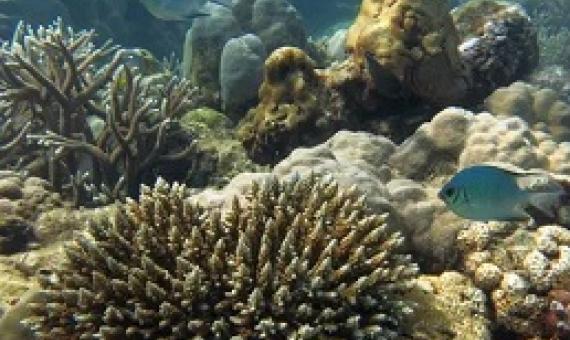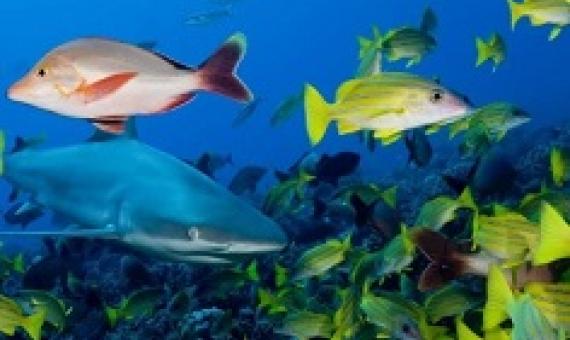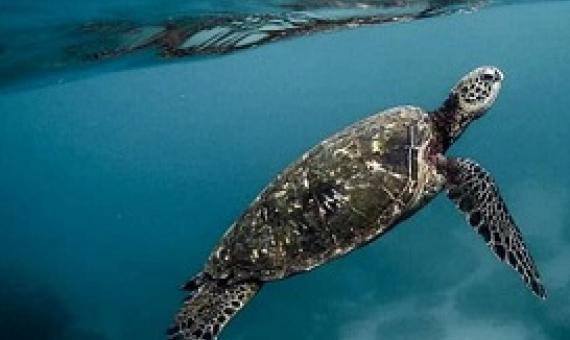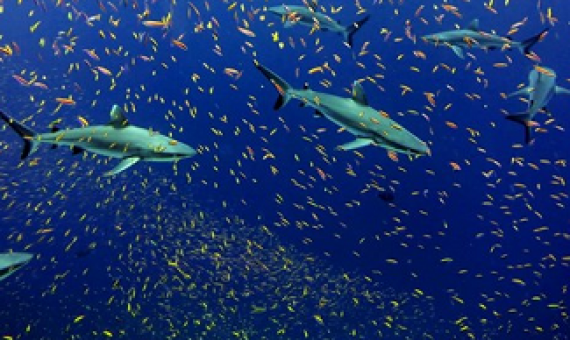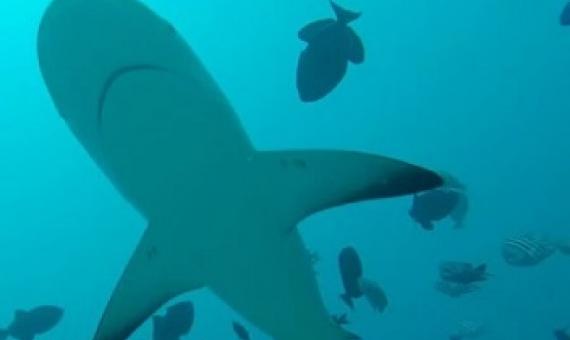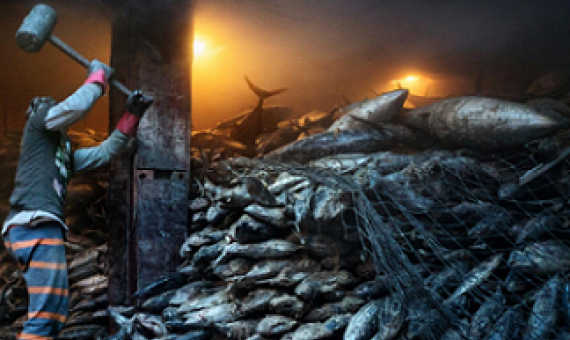Commonwealth countries are to gain free access to satellite technology that will help them monitor and protect their endangered coral reefs from threats such as climate breakdown, overfishing and pollution.
Coral reefs around the world are declining because of human activities such as overfishing, land-based pollution, and climate change, but new research finds that strategic local management can make a significant difference in their capacity to sustain biodiversity, including that of fish populati
Asia-Pacific region is one of the world’s most ethnically and culturally diverse regions. It is also one of its most biodiverse. Yet local marine ecosystems are nearing a tipping point as a result of various environmental stresses caused by unsustainable human practices.
A global plan under negotiation envisions designating 30 percent of land and sea as protected by 2030 — and 50 percent by 2050 — in order to revive ecosystems and safeguard the diversity of species on Earth, according to a draft text of the agreement under the U.N.
In her new book, JoAnna Poblete, who is an associate professor of history at Claremont Graduate University in Claremont CA, connects the U.S.-American Samoa colonial relationship to global overfishing, world consumption patterns, the for-profit fishing industry, international environmental moveme
A joint research project by the University of Queensland, James Cook University and University of Tasmania found that existing marine reserves need to be much larger to be effective against the overfishing of sharks species.
New Australian research highlights the delicate nature of the relationship between humans and sharks.
Hope and doubt for the world’s marine ecosystems
In June 5–9, 2017, during the United Nations (UN) Ocean Conference, 143 governments, signatory parties of the Convention on Biological Diversity (CBD) declared their commitment and strategies to reach several objectives of the Sustainable Development Goal (SDG) 14, which stands to “conserve and sustainably use the oceans, seas and marine resources for sustainable development”.
Climate change and the future for coral reef fishes
Climate change will impact coral-reef fishes through effects on individual performance, trophic linkages, recruitment dynamics, population connectivity and other ecosystem processes. The most immediate impacts will be a loss of diversity and changes to fish community composition as a result of coral bleaching. Coral-dependent fishes suffer the most rapid population declines as coral is lost; however, many other species will exhibit long-term declines due to loss of settlement habitat and erosion of habitat structural complexity.
As global fish stocks that feed hundreds of millions of people dwindle, nations are scrambling to finalize by year’s end an international agreement to ban government subsidies that fuel overfishing.

